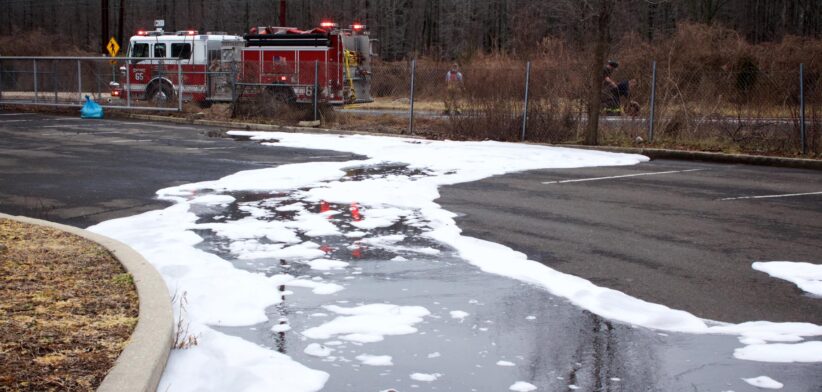A new electric-charged membrane has been developed which can filter for PFAS chemicals, currently the subject of global concerns.
Researchers from MIT have created a new nature-based filtration material they believe provides a solution to the stubborn contamination issue.
MIT postdoc research associate Yilin Zhang said a recent study in the United States found 98 percent of people tested had detectable levels of PFAS, a family of particularly long-lasting compounds also known as “forever chemicals,” in their bloodstream.
Mr Zhang said PFAS chemicals were present in a wide range of products, including cosmetics, food packaging, water-resistant clothing, firefighting foams and antistick coating for cookware.
He said the new filtration material based on natural silk and cellulose could remove a wide variety of these persistent chemicals, as well as heavy metals, and its antimicrobial properties could help keep the filters from fouling.
“The U.S. Environmental Protection Agency has estimated that PFAS remediation will cost $1.5 billion per year, in order to meet new regulations that call for limiting the compound to less than 7 parts per trillion in drinking water.
“Contamination by PFAS and similar compounds is a very big deal and current solutions may only partially resolve this problem very efficiently or economically,” Mr Zhang said.
He said the initial silk proteins technology that made the filtration material possible was developed by the group for a completely unrelated purpose.
The team then integrated cellulose into silk-based fibrils which could be formed into a thin membrane and then by tuning the electrical charge of the cellulose, the researchers produced a material that was highly effective at removing contaminants in lab tests.
Mr Zhang said the electrical charge of the cellulose also gave it strong antimicrobial properties.
“This is a significant advantage, since one of the primary causes of failure in filtration membranes is fouling by bacteria and fungi. The antimicrobial properties of this material should greatly reduce that fouling issue.”








